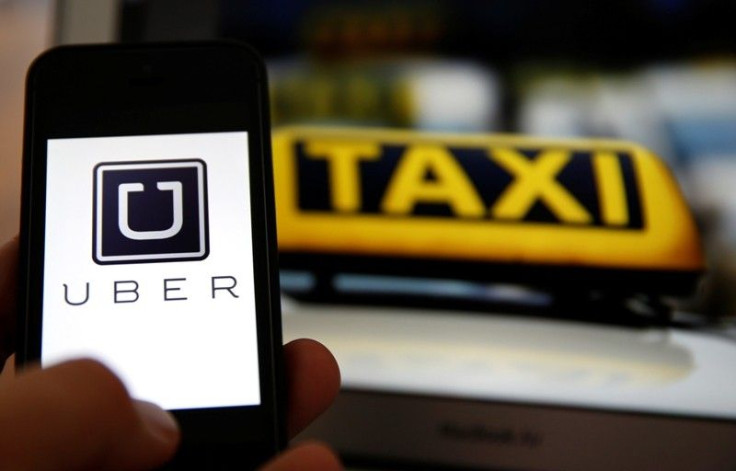Uber Wins The Legal Battle With The City Of Toronto

The city of Toronto sought a permanent embargo on the operations of Uber within its limits, asserting that it is a taxi company and must abide by the city’s rules and regulations. Superior Court Judge dismissed the appeal, in the absence of any valid evidence that the company is operating as a taxi broker.
In his decision on Friday, Sean Dunphy said the city's definition of a taxi brokerage is “as any service that connects passengers and drivers is too broad”. He also added that such a definition “would capture any telephone carrier since they are in the business of connecting calls and some of the calls they connect are certainly to request a taxicab or limousine transportation”. He opined that questions surrounding the regulation of evolving communications technology should be resolved politically.
Sunil Johal, a policy director at the University of Toronto's Mowat Centre said that, “This court decision really quite firmly says that Uber is not a taxi company and it should be treated differently”.
Uber has been functioning in Toronto for more than two years now and offers passengers various services through its cheaper online UberX application. The service ranges from taxi and limousine rides to rides with ordinary drivers.
The company does not have a taxi brokerage license and thus, it is not subject to the city's bylaws. It has always tried to portray itself as a communications company that connects passengers and drivers.
According to Huffington Post Canada, Uber applied for a taxi brokerage licence through the city earlier this year, but didn't apply for a limousine licence. It also reports that Toronto Mayor John Tory has said new technologies such as Uber's are here to stay and the city must figure out a way to work with them.
As reported by CJAD News, Ian Black, general manager for Uber Canada, said in a statement, “Today's outcome is a great win for the 5,000 drivers who need this flexible earning opportunity to make a living, and the 300,000 riders who rely on them to move around our great city”. “We are grateful for all the support we’ve received from Torontonians and will continue to work in their best interests.”
As reported to CTV News Toronto, Philomena Comerford, president of Baird MacGregor Insurance Brokers, "They are driving with improper insurance because they are relying on personal auto policies that absolutely exclude that activity”.
Toronto taxi drivers have always voiced their opposition to Uber. Recently around 500 drivers staged a noisy protest outside Toronto City Hall as reported by Huffington Post Canada. The iTaxi Workers Association reflected their dissatisfaction via Twitter. The post said that the organization is “deeply disappointed” with the ruling. They also called on city council to protect the city's cab drivers. The organization also feels that ruling "will continue to hurt the front-line drivers [and] the taxi industry”.
But the city’s Uber users seem to be happy with Friday's court ruling. Some UberX users say the decision should be considered a win for the passenger.
For questions/comments regarding the article, you may email the writer at rituparnaganguly25@gmail.com





















